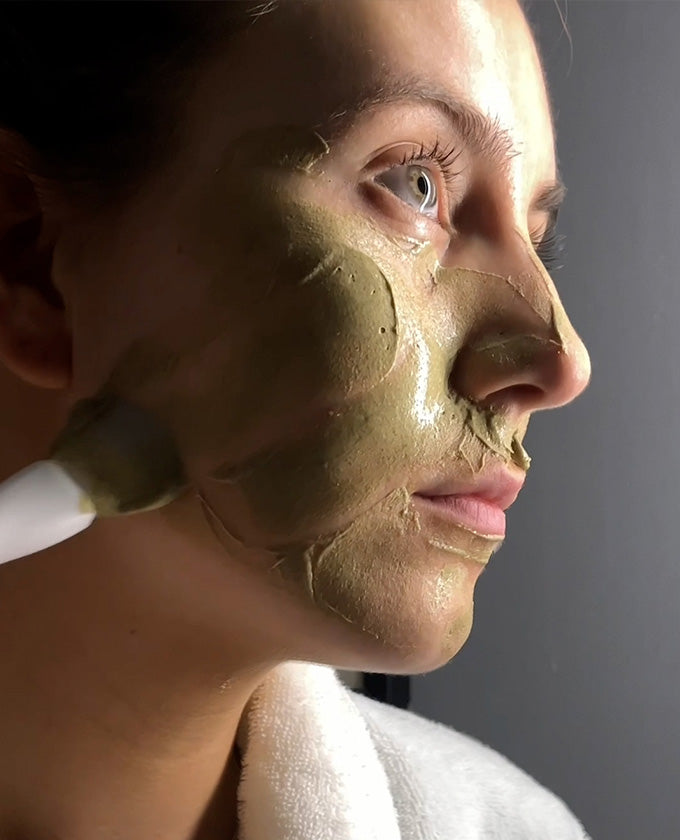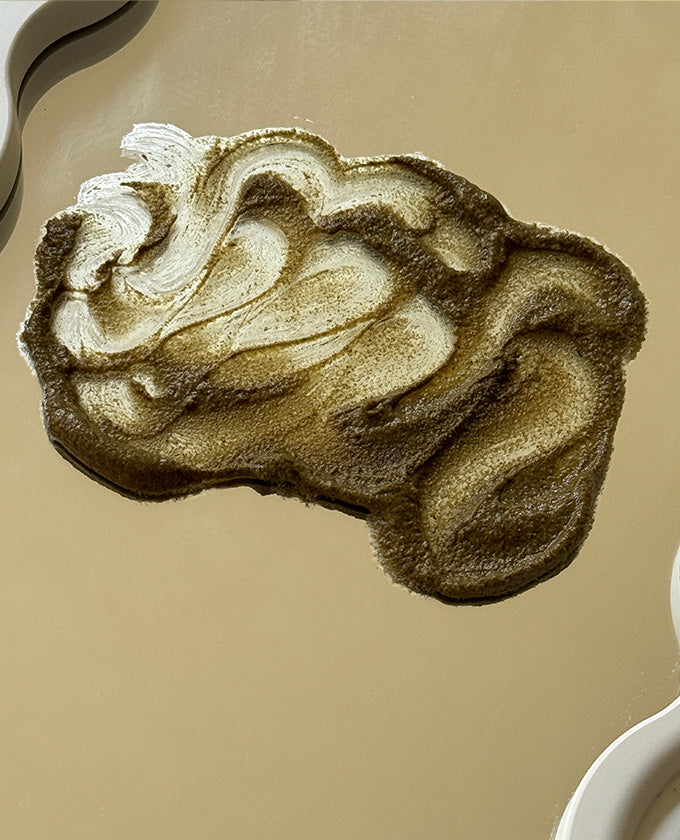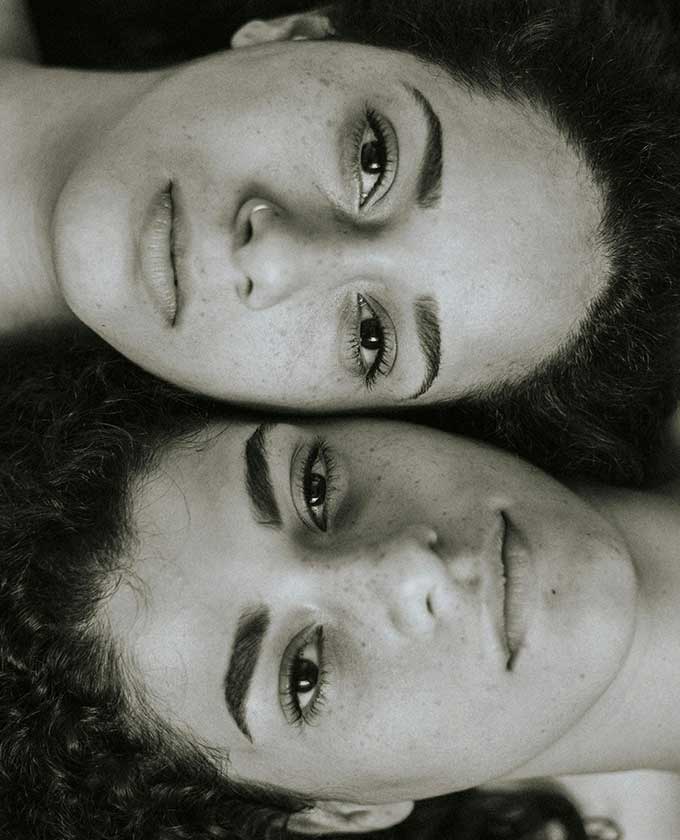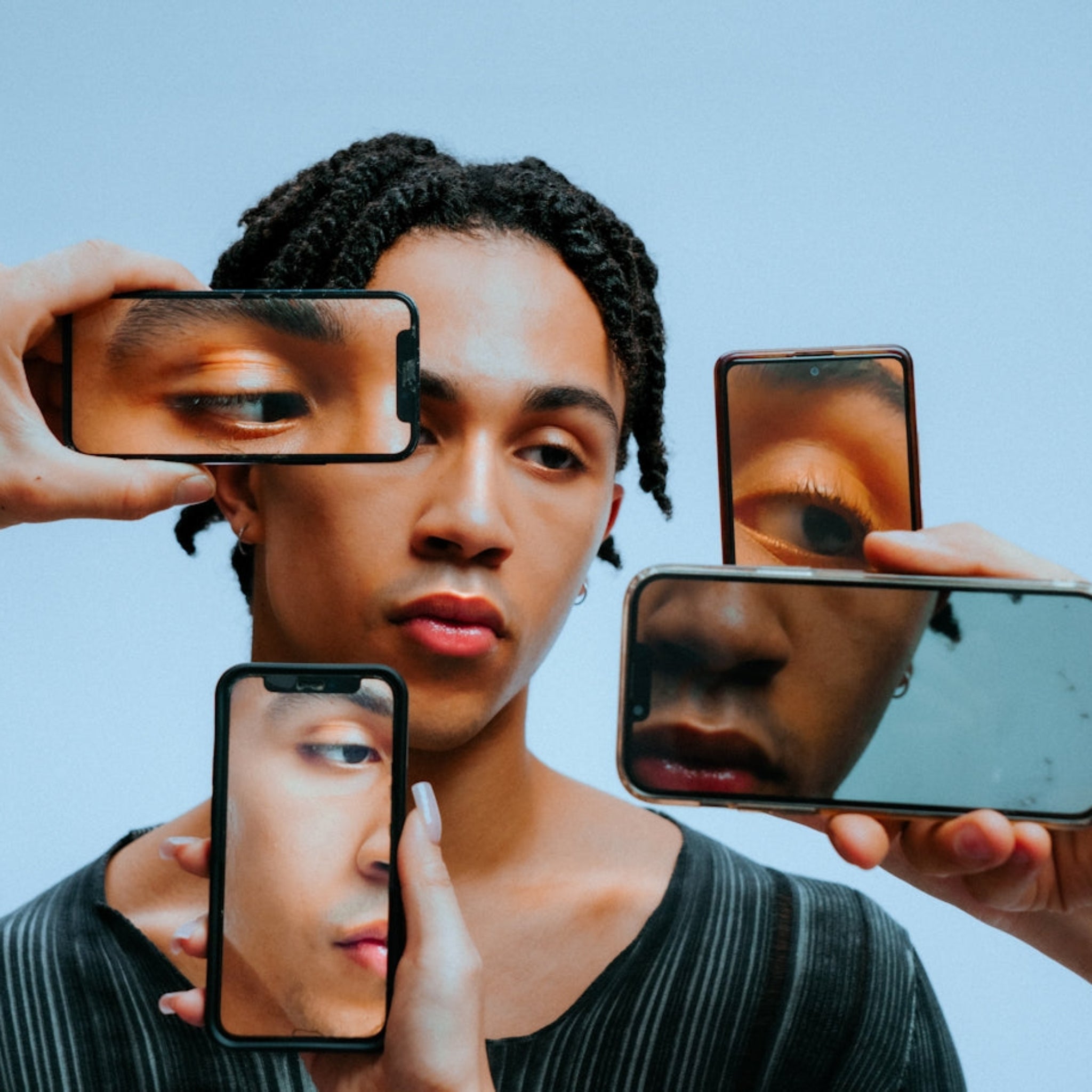Well it was only a matter of time – Virtual reality ‘mindfullness’ for the salon….I have taken a while to write my thoughts on this as it took some time for me to actually process as to why on earth this could be seen as beneficial. I also want to point out that the following are my own views and as I have always said what may work for one does not necessarily work for another.
Every now and then a treatment is released that peaks interest, some may call them fad treatments and this particular treatment consists of you reclining on a couch while massaged by a therapist, wearing a virtual reality headset that takes you on a blissful journey into another dimension, to help relax and switch off the racing brain. Sounds amazing hey? But there are some little points I would like to highlight here.
The analytical brain is from the Cortex the brain that finds it hard to switch off that keeps the body in the sympathetic nervous system, once placed in a virtual reality scenario this can make the mapping system of the brain adjust to an unreal environment, that may cause ‘cybersickness’ and dissorientation for a while.
The Hippocampus in the brain is what is responsible for space-mapping neurons, UCLA neurophysicists have found that these act differently to virtual reality than they do in natural, REAL environments. The hippocampus is also important when forming new memories and mapping distances and spaces in our every day environments.
“The pattern of activity in a brain region involved in spatial learning in the virtual world is completely different than when it processes activity in the real world,” said Mayank Mehta, a UCLA professor of physics, neurology and neurobiology in the UCLA College and the study’s senior author. “Since so many people are using virtual reality, it is important to understand why there are such big differences.”
In their study they found those that used VR found it more difficult to ‘map’ the real environment because the hippocampus was programmed to a VR one. Now, of course I understand that this is probably after hours of use but still, for me it seems ridiculous to use a prop to force the mind to relax when we should be reprogramming our own lymbic system to do so. It is like virtulaly watching you eat food and being convinced that you have eaten a fully nutritious lunch!
Another factor watching a smart screen via the VR equipment is the same as watching an iPad or smart phone at night, not only may it decrease melatonin via the blue light from the screen it may also dehydrate skin and cause free radical damage in surrounding areas (exposure of radiation from screen – PC skin) let alone what work you have to do watching the thing.. aren’t your eyes meant to be closed and relaxed during a treatment not working!
As I said, these are just my thoughts on this particular treatment – I certainly would not even dream of implementing something like this in a treatment, especially when all my work is about frequency patterns of the body through thought processes and experiences – forcing virtual, artificial ones in ones mind, to me is not mindfulness but mind-harmful-ness, I mean shouldn’t we be digitally detoxing not allowing it to now creep into our mind space even more than it needs to be?
Think about this little nugget of information – the hippocamus is also a part of the brain associated with diseases such as Alzheimer’s, stroke, depression, schizophrenia, epilepsy and post-traumatic stress disorder, so why expose to blue light that may reduce melatonin, radiation that may cause free radicals, and over stimulation that may cause all sorts of traumas? … makes you think
En lire plus

The B in this case stands for Bowen! I have written many posts on the magical way this healing modality works on the body. It involves piezoelectricity, hydration of the fascia anatomy trains and ...

There have been many posts about the latest Queen or King of the antioxidants but give me good ol vitamin C any day. Known as the ultimate helper, vitamin C packs a punch when it comes to free rad...















Laisser un commentaire
Tous les commentaires sont modérés avant d'être publiés.
Ce site est protégé par hCaptcha, et la Politique de confidentialité et les Conditions de service de hCaptcha s’appliquent.